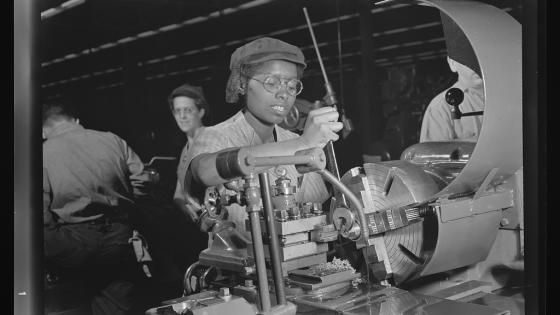DP2101 Cooperation Among Competitors: The Economics of Credit Card Associations
The paper analyzes two controversial features of the credit card industry. The first is the cooperative determination of the interchange fee by member banks in credit card associations (Visa and MasterCard). The interchange fee is the ``access charge'' paid by the merchants' banks, the acquirers, to cardholders' banks, the issuers. The second practice is the prohibition for merchants accepting a card from charging different prices depending on the payment method (the no-discrimination or no-cash-discount rule). We analyze these practices in a frawework in which banks and merchants may have market power and consumers and merchants decide rationally on whether to buy or accept a credit card.
Under the no-cash-discount rule, an increase in the interchange fee increases the usage of credit cards, as long as the interchange fee does not exceed a threshold level at which merchants no longer accept credit cards. At this threshold level, the net cost for merchants of accepting the card is equal to the average cardholder benefit. The interchange fee selected by the credit card association either is socially optimal or leads to an overprovision of credit card services.
Last, if the no-cash-discount rule is lifted, the interchange fee no longer impacts the level of credit card services. The merchant price for cardholders is increased and that for noncardholders decreased. Credit cards services are reduced by merchant price discrimination regardless of whether the interchange fee is set by the credit card association or by a social planner.


